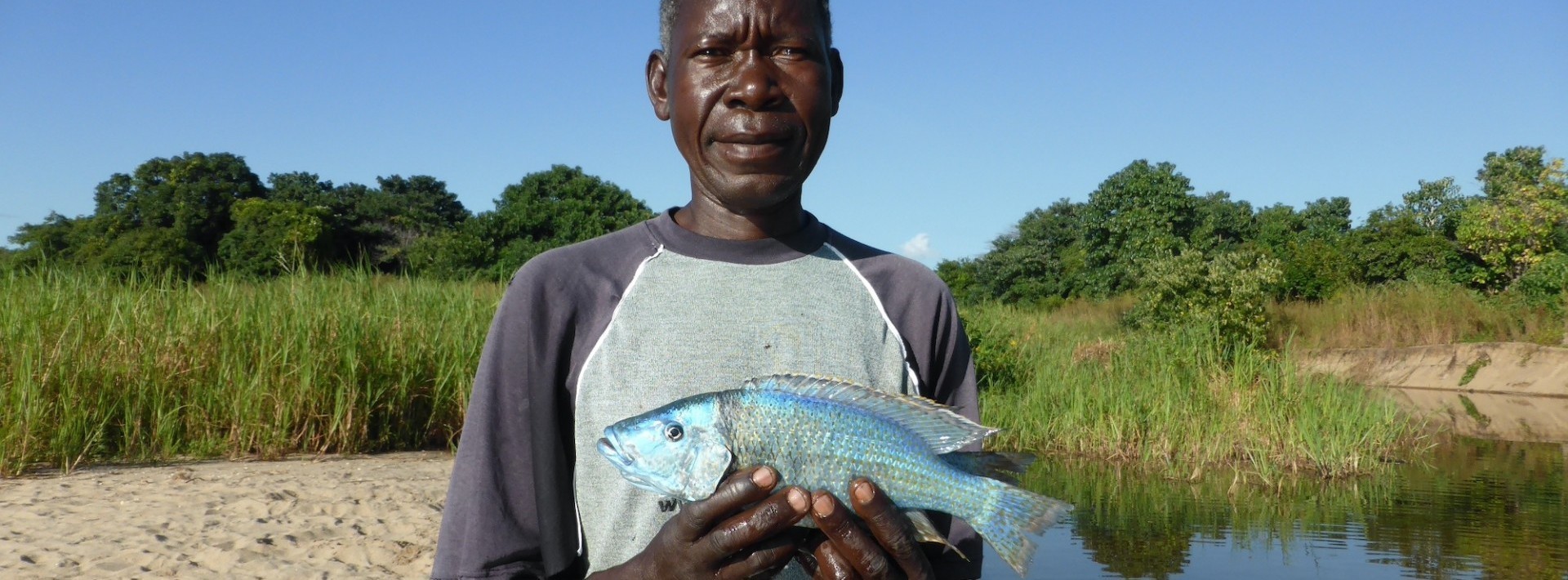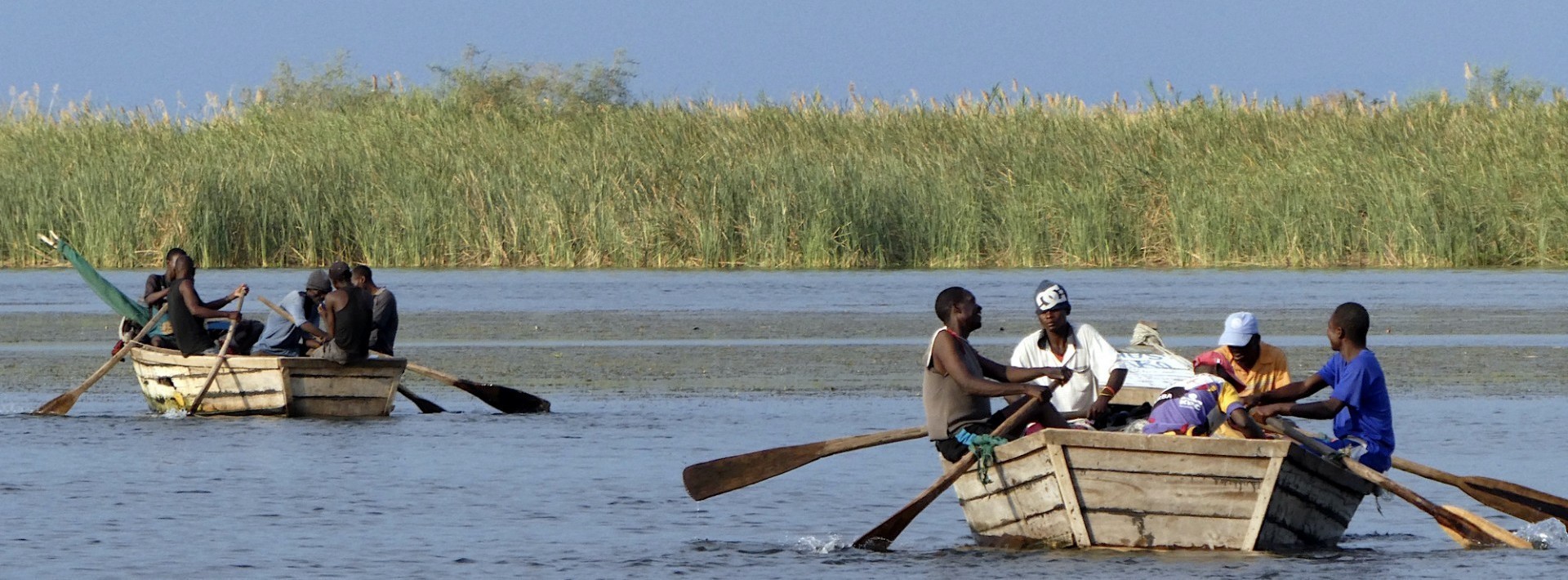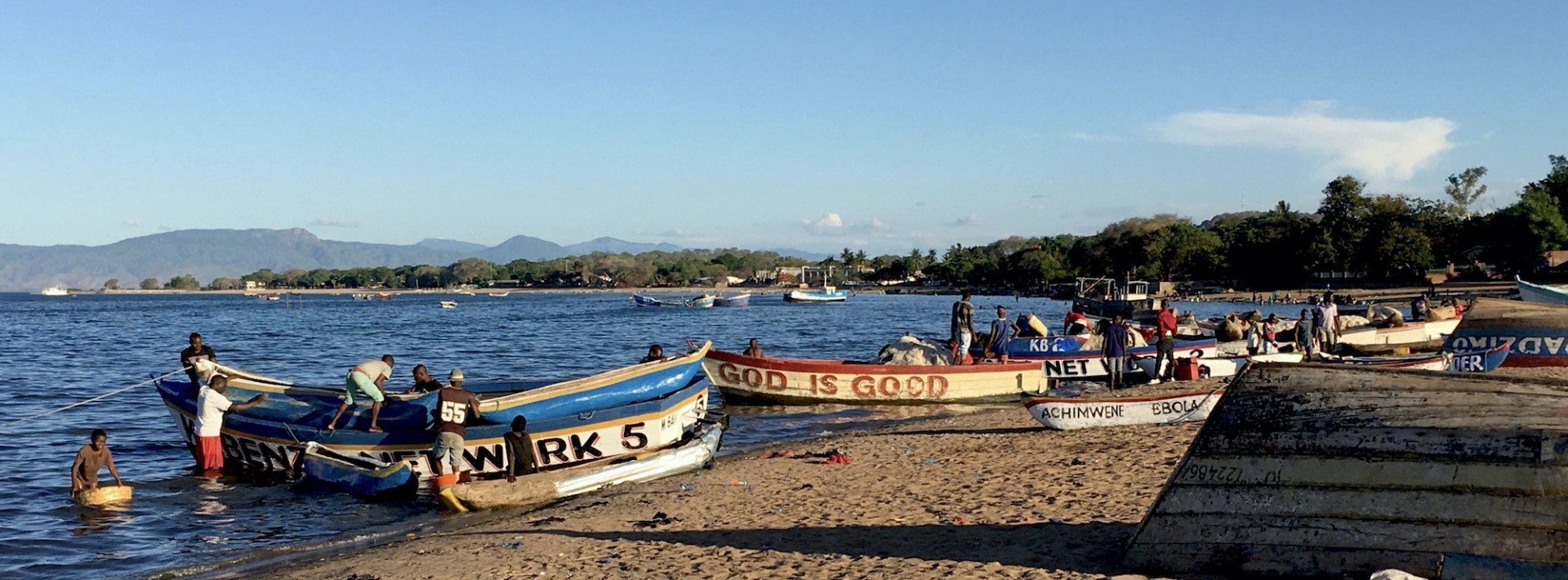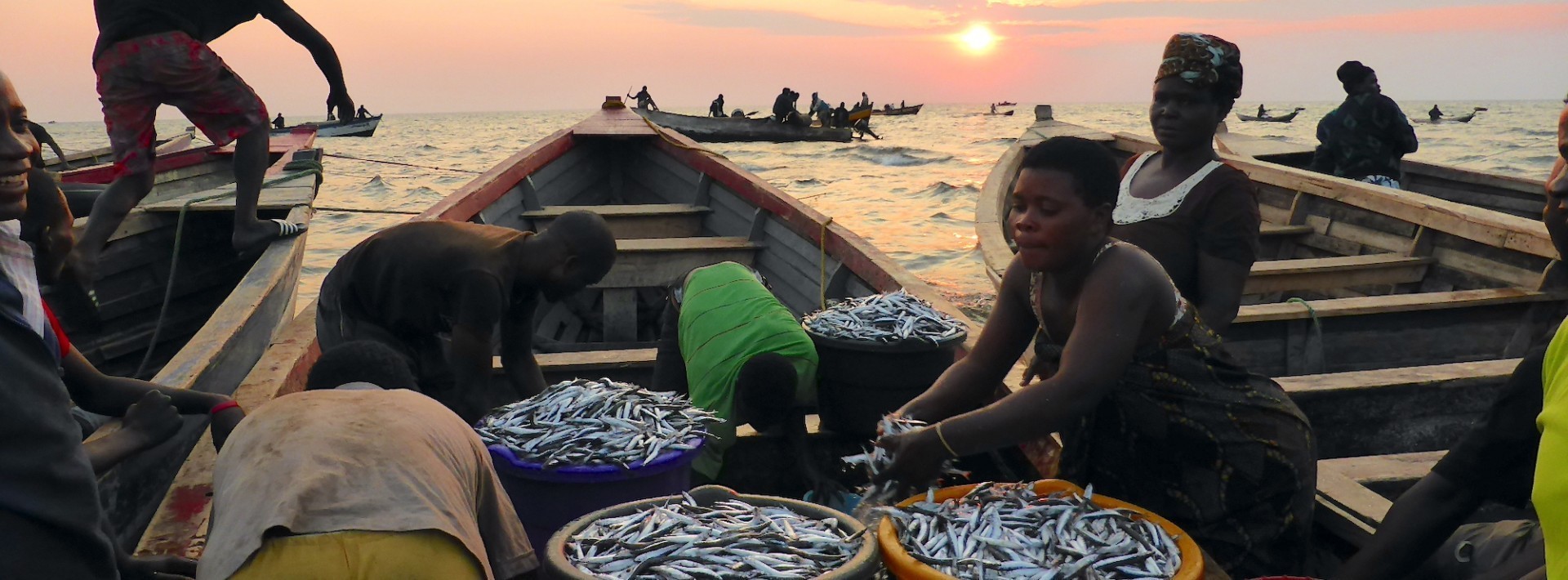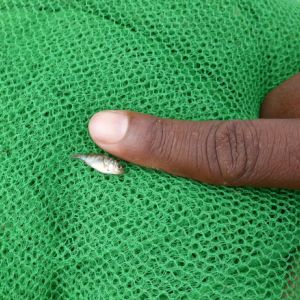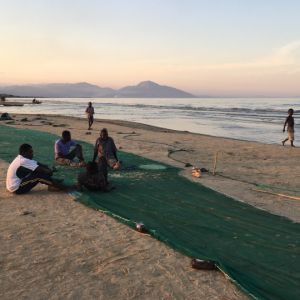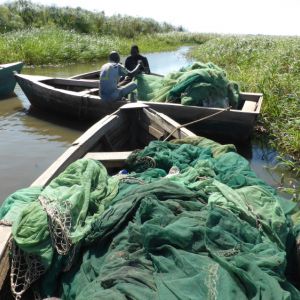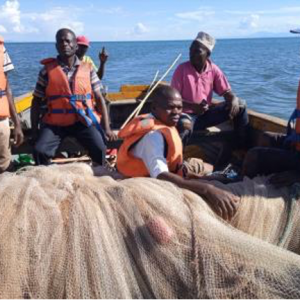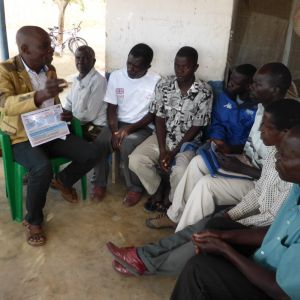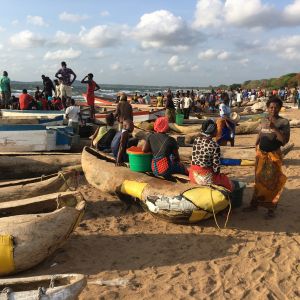In Brief
Conservation Value:
Lake Malawi is the world's ninth largest freshwater lake and a biodiversity hotspot with more species of fish than any other lake in the world. Of its approximately 1000 species, 90% are endemic. The Lake's fish are an important food source for millions and yet three of the four species of "Chambo," the most important food fish, are critically endangered
Threats:
Lake Malawi's fisheries have become over-exploited and the response of fishermen has been to increase effort, using longer nets with smaller mesh sizes (including mosquito nets). Fish are caught before they have a chance to grow and breed and many fish are now classified as endangered or vulnerable on the IUCN Red List. The problem has been exacerbated by a lack of government funds to enforce fishing regulations. As the Lake's fish are a key source of animal protein for the country's most vulnerable groups, this has serious nutritional implications. Declining species richness has implications for the resilience and productivity of Lake Malawi's fisheries, as well as for the overall health of the lake ecosystem.
Actions & Results:
This project is extending an ongoing, successful program. Covering 736 kilometers of the lakeshore, Ripple Africa’s Fish for Tomorrow project has helped establish and train 474 Beach Village Committees (BVC) across five districts. This is how communities are taking charge of fisheries management.
The solution to unsustainable fishing has involved new bylaws restricting the type and size of net that can be used; protecting fish breeding areas (133 of them!); and having a three-month closed fishery season.
Fishermen are reporting larger catches of bigger fish and are now making more money and can better provide for their families.
The project focuses on Oreochromis lidole (known locally as chambo) but also benefits other species. By protecting breeding areas and banning fishing with mosquito nets, Beach Village Committees, young chambo, usipa (a sardine-like fish) and utaka are be able to grow larger and breed.
Fishing communities benefit in deriving greater household income from fish catches, which results from healthier and more resilient fish stocks. This provides positive feedback validating the actions taken by the Beach Village Committees. The increased sustainable fish production provides more animal protein, benefiting many more people in Malawi. This matters a lot in a country in which 70% of the people live below the international poverty line.
See videos below.
Goal:
Following a model that succeeded in neighbouring districts, this project empowers communities to protect Lake Malawi's endangered and economically important fish through Beach Village Committees.
Support this projectLocation:
Salima District, Malawi
Project Field Partner:
Our Investment to Date:
Cost to ICFC (2019-2024): CA$2,186,246
(ongoing in 2025)
Gallery
Click to enlarge an image
Video
Fish conservation in Salima District
In More Depth...
International Conservation Fund of Canada Copyright © 2009-2025
Registered Canadian charity # 85247 8189 RR0001

